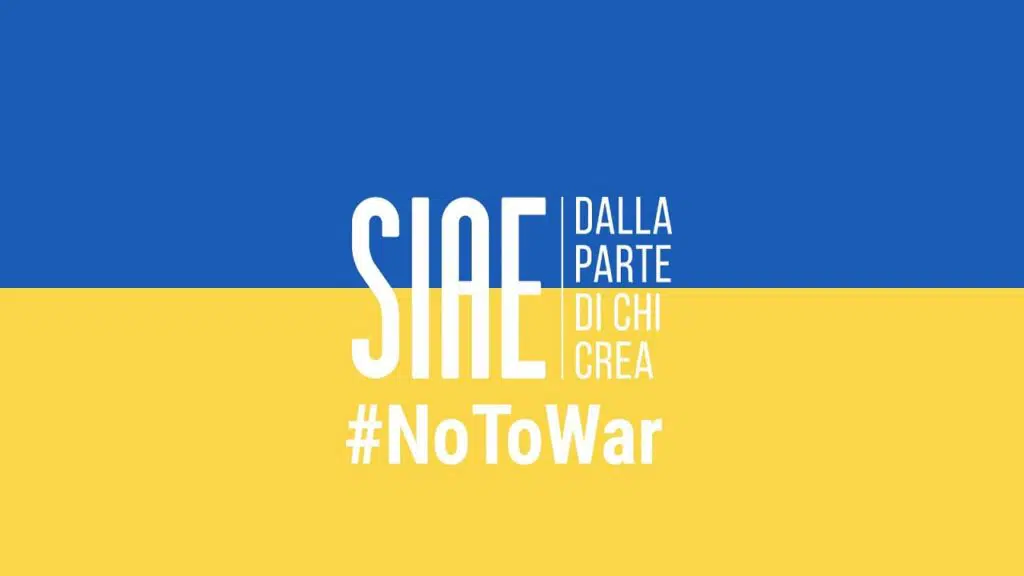In an old song called Long Way Home, Don Henley sang, quoting Joseph Addison, that “there are three sides to every story: mine, yours, and the cold truth.” And that’s kind of what’s happening in these weeks between Meta and SIAEafter the lack of agreement that led to the removal of Italian music (at least the one managed by SIAE) from the social networks Instagram and Facebook.
SIAE’s version: “Unilateral decision”
After a few days of silence, the SIAE version arrived last week. The Italian Society of Authors and Publishers claimed to not having made any increased proposal in Meta and, indeed, that the giant of Menlo Park would have imposed its own tariff, unilaterally, with the formula of “take it or leave it”. Furthermore, SIAE reiterated the need to have access to data from social platforms in order to be able to propose a figure consistent with the actual use of its repertoire. A request guaranteed by European regulations to which Meta would have escaped.
SIAE had also specified di not to have been the only collector company not having reached an agreement with Meta, but only the first. In the specific case the first having had the contract expiring after the entry into force of the European legislation.
 Credits: SIAE
Credits: SIAE
This is broadly the position of SIAE (which you can read in full in our dedicated article). A position that however seems to collide with the version proposed in these hours by Meta.
Meta’s version: “SIAE has proposed a quadrupled figure”
During the hearing in the presence of the Chamber and Senate Culture commissions on the lack of agreement, Angelo Mazzetti, Head of Institutional Affairs of Metahe declared (via La Repubblica):
“Copyright protection is our priority. We have reached agreements with all the main rights collectors in Italy and abroad. All agreements renewed after the entry into force of the Copyright Directive. If we have removed the Siae catalog it is precisely out of respect for intellectual property”.
So the first inconsistency appears: Meta would have renewed its agreements with other companies even after the entry into force of the European legislation. But the two versions differ further on other things as well. Mazzetti says:
“We have not decided to terminate the negotiations unilaterally. The negotiations were interrupted due to the nature of the amount requested by Siae, which was initially 4 times higher than the amount agreed until 2022 for the same license fees. All without giving any reason. We did what we could to keep the negotiation going, presented a significantly higher offer. We have progressively increased our offer trying to meet the requests of SIAE which, however, has refused to accept any lower offer”.

It would therefore not be true that Meta would have unilaterally proposed a “take it or leave it” figure. On the contrary: the giant claims to have received an unsustainable offer and increased by four times compared to the previous agreement. “We are not willing to conclude agreements that are unreasonable from an economic and market point of view”, commented Mazzetti.
Finally, Mazzetti discussed the value of music on Meta’s social networks. A value that would not be even remotely comparable to that of Spotify and YouTube. The concept is simple: you don’t go to facebook or instagram to listen to music. “Our revenues derive from advertising and a variety of contents that do not contain music,” Mazzetti recalled.
The raw truth
The two versions, clearly contrasting, have very few points in common. Both agree that the deal officially expired in mid-December 2022even though the definitive breakdown of the negotiations took place in mid-March 2023. “Up until the day of the breakdown of the negotiations, ten days ago, they continued to operate without a license,” he said Except Nastasi, president of SIAEduring the hearing.
It is therefore difficult to understand what is the truth behind this great chaos. What is certain is that Meta has created quite a mess in recent weeks. Not being able to identify which tracks to leave and which not, Meta has removed all music from its social networks for a few days (including international catalog and repertoire Soundreef). After about ten days, the situation seems to have recovered, at least in part, given that a large part of the international repertoire (but not all) is back online. The same goes for Soundreef artists who, despite having nothing to do with SIAE, had their songs removed for about a week.
If we are to look for a truth, then, it is that this situation is not good for Italian music and, to be honest, it’s not good for Meta either. However, the two sides seem far from reaching a new agreement.















Leave a Reply
View Comments